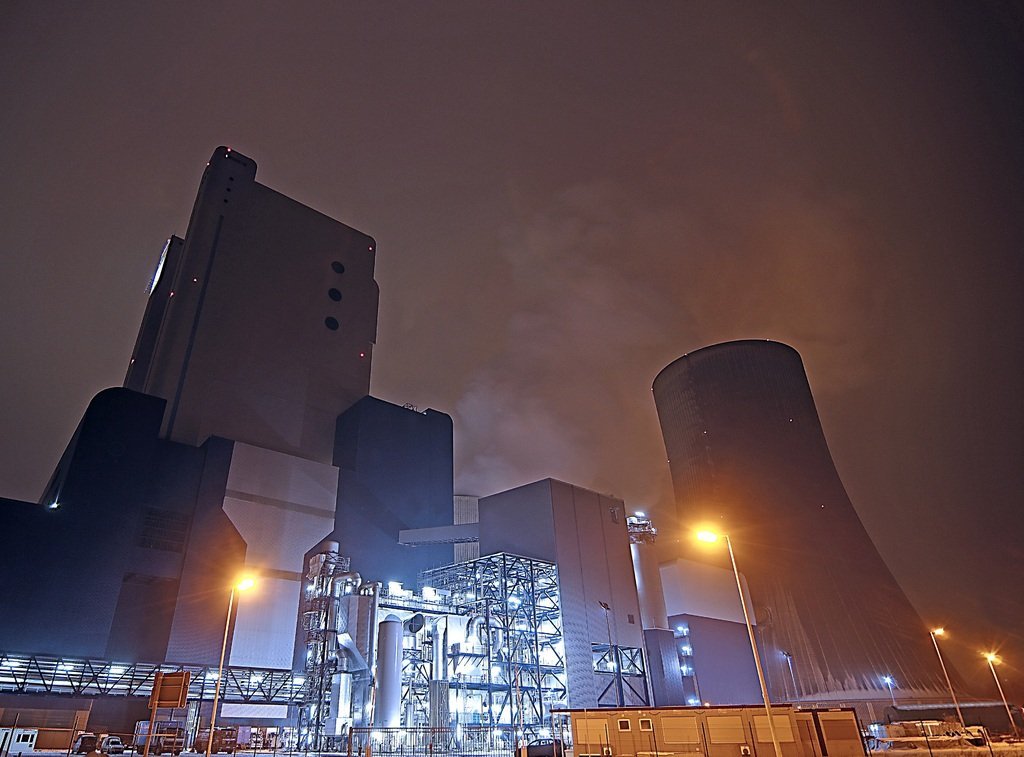Mekelle፡Telaviv, Nairobi, Pretoria, London, (Tigray Herald).
Ethiopia’s Stalled Peace Deal in Tigray Risks Renewed Conflict
By Tesema Nadew
The fragile peace in Ethiopia’s Tigray region is once again under threat, as the federal government appears increasingly unwilling to uphold the terms of the Pretoria Peace Agreement signed in November 2022. Observers warn that Prime Minister Abiy Ahmed’s administration has not only failed to implement core provisions of the deal but is actively obstructing attempts to revive inclusive dialogue.
A recent flashpoint came when the Ethiopian government reportedly blocked former Kenyan President Uhuru Kenyatta chief mediator of the Pretoria process from convening a follow-up meeting among signatories. Kenyatta, whose role is backed by the African Union and the international community, was tasked with monitoring implementation and facilitating continued negotiations.
“The Prime Minister’s refusal to allow Kenyatta to carry out his mandate is a red flag,” said a diplomatic source familiar with the situation. “It sends a message that Addis Ababa is walking away from the deal, or at least cherry-picking which parts to follow.”
The Pretoria Agreement brought a formal end to the devastating two-year civil war in northern Ethiopia, which left hundreds of thousands dead and millions displaced. While the disarmament of Tigrayan forces has been a focal point for Addis Ababa, critical political provisions particularly the restoration of Tigray’s constitutional federal status and administration of its prewar territories remain unfulfilled.
Both the African Union and the United States, key patrons of the peace process, have largely remained silent on these unresolved issues. Their emphasis on disarmament and humanitarian access, though important, has failed to address the core drivers of the conflict.
“The root cause is still there,” warns Meron Abraha, a constitutional scholar based in Nairobi. “As long as Tigray is denied its federal rights and territorial integrity, any peace is temporary. You cannot expect people to surrender arms while their political identity and land remain in limbo.”
Recent months have seen a rise in tensions across the region. Reports of armed mobilization, local resistance groups, and sporadic clashes are surfacing once again. Fueling these tensions are inflammatory remarks from senior Ethiopian officials, including a controversial speech by the Chief of the Army, which many Tigrayans interpreted as a threat of renewed military action.
The Tigray interim administration, already weakened by internal divisions and external interference, has struggled to assert its authority or coordinate a political roadmap. Analysts fear that the continued erosion of trust between Mekelle and Addis Ababa could collapse the remaining pillars of the peace deal.
If the Ethiopian government continues to sideline dialogue and constitutional redress, it risks pushing Tigray further toward armed resistance. The situation is particularly volatile given the growing frustration among displaced persons who remain unable to return to their homes in Western Tigray and other contested areas.
Ultimately, peace cannot be sustained through silence or delay. What is needed now is a recommitment to the full implementation of the Pretoria Agreement not just its security clauses, but its political vision as well.
Failure to do so will leave the door open for spoilers to reframe the conflict in nationalist terms, reigniting a war that Ethiopia and the Horn of Africa cannot afford to revisit.




